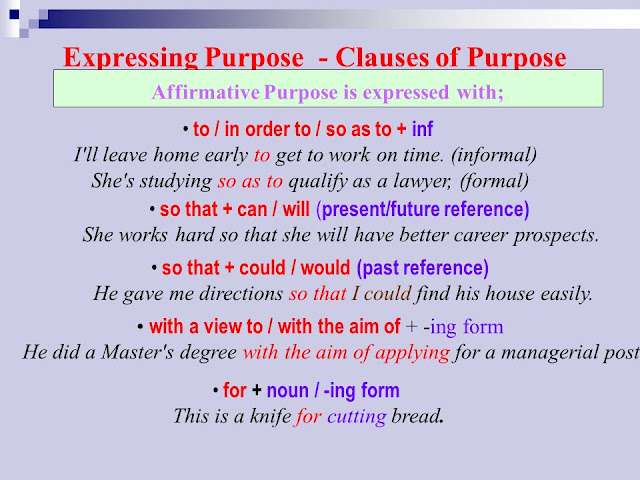Expressing the reason
We can use several different grammatical structures to show the reason for something. For example, we can express that idea using the coordinating conjunction for.
I was tired after my journey, for I had been driving non-stop for twelve hours.
Notes:
Although ‘for’ is grammatically correct in the sentence given above, it is rarely used. We are more likely to express the same idea using the subordinating conjunctions because, since or as.
I was tired after my journey because I had been driving non-stop for twelve hours.
OR
As / since I had been driving non-stop for twelve hours, I was tired after my journey.
More examples are given below.
They postponed the meeting because the chairman was ill.
As / since the chairman was ill, they postponed the meeting.
Strictly speaking, for can be used to express the same idea; however, it is mainly used in very formal contexts.
They postponed the meeting for the chairman was ill.
Notes:
Clauses introduced by as and since usually come at the beginning of the sentence.
Because-clauses tend to go after the main clause.
The same idea can also be expressed using the prepositions due to, because of and as a result of.
The meeting was postponed due to / because of the chairman’s illness.
You use a purpose clause when you want
to state the purpose of the action in the independent clause. The most common
type of purpose clause is a to-infinitive
clause.
Examples:
· Sarah went to the computer lab to print
out her research report.
In formal writing, in order to and so
as to are often used.
· The company conducted a detailed survey in
order to gauge its
clients’ views.
In formal writing, you can also
introduce a purpose clause with so that or in
order that. These finite purpose clauses usually contain a modal.
Examples:
- Dr Chan adjusted the
overhead projector so that the students would be
able to see the chart more clearly.
- The lecturer finished his
lecture five minutes early so that the students could come
and ask him questions.
In your written and spoken assignments
you will often need to answer the question ‘Why?’. When you want to explain why
something happens, you can use a reason clause introduced by the conjunctions because, as or since.
Examples:
· As she wanted to practise her spoken
English, Carrie regularly took part in the ELC’s Big Mouth Corner.
· Mark joined the English Drama Club because he
wanted to improve his intonation.
Don’t use so in
sentences beginning with since, as or because.
Here is a common mistake:
Examples:
· Since he was interested in movies, so David
joined the PolyU International Film Society.
You can also use the prepositional
phrases because of and on account of to
express reason.
Examples:
· We were unable to carry out the experiment on account of a
malfunction in the computer.
· We were unable to carry out the experiment because the
computer malfunctioned.
As you will see in the Vocabulary
section below, there are many other ways of indicating reason and cause in
English.
Examples:
http://www.englishgrammar.org/expressing-reason/
http://www2.elc.polyu.edu.hk/cill/eap/2004/u2/purposereasonresultclauses.htm


























